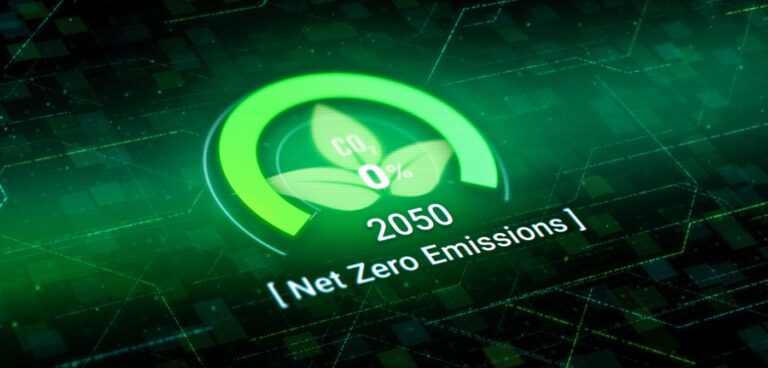UK-based price comparison service and switching website Uswitch has published advice on how households can support the UK government’s net zero targets.
According to the publication, small changes to driving patterns could help to massively reduce UK carbon emissions.
The UK is one of several countries to put a net zero emissions target by 2050 on the national agenda.
Over a quarter of the UK’s carbon emissions come from the transport industry, with car emissions accounting for 35% of this.
With changing working and commuting patterns, reducing car journeys has become possible for more people.
The research reveals that, if commuters swapped their cars for public transport or an EV, some 3.5 million tonnes of CO2 could be saved per year.
And if all diesel and petrol cars on the road were replaced by EVs, the UK could reportedly reduce its transport carbon emissions by 45%, representing an overall reduction of 12% of national emissions.
Ben Gallizzi, energy expert at Uswitch, said: “It’s probably no surprise that the transport industry is one of the biggest contributors of CO2 in the UK.
“However, in order to start heading in the right direction, people will need to adjust the habits of a lifetime.
“In order for us to continue this downward trend in emissions, education is key.
“Currently over half of the UK population do not know what net zero is, highlighting a significant need for an improvement in helping people understand how they can do their part.
“Uswitch’s Net Zero 2050 resource page aims to help people understand more about the impact of different UK industries’ carbon footprint and what it means for them.
“By breaking down emissions data and projected outcomes people can understand more about the things they can do to help the UK reach its net zero goal.”
However, Uswitch suggests that it’s not all down to the individual household vehicles, with heavy goods vehicles (HGVs) making up 16% of the transport sector’s CO2 emissions.
According to the report, if all HGVs adopted a hybrid fuel system, their contribution to transport emissions could be cut by 6%.





